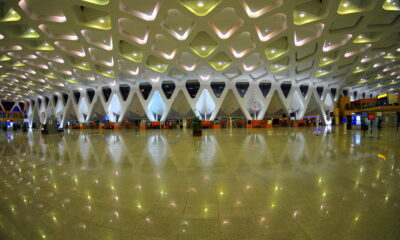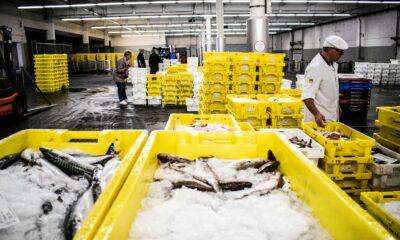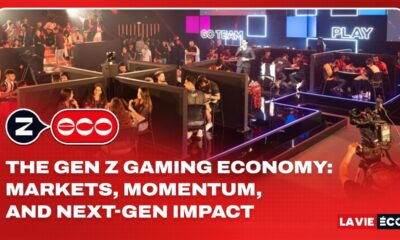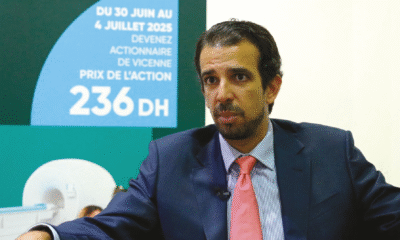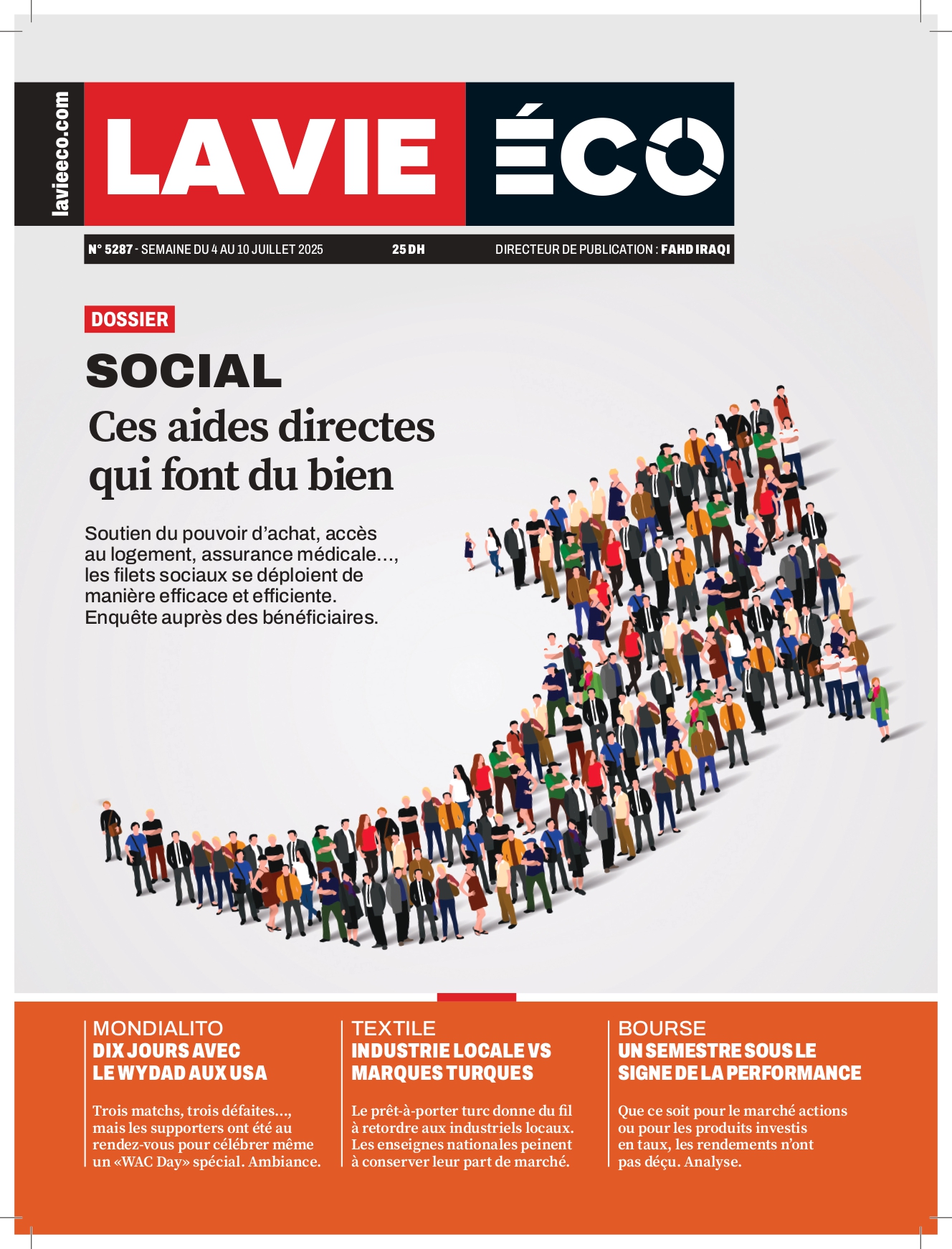Business
Data Centers: Why Morocco is Well Positioned for Investment
With more than twenty world-class data centers, the Kingdom is positioning itself at the forefront in Africa. It is a familiar ground for almost all the global giants of the sector. It is now ready to welcome its first “hyperscalers.”
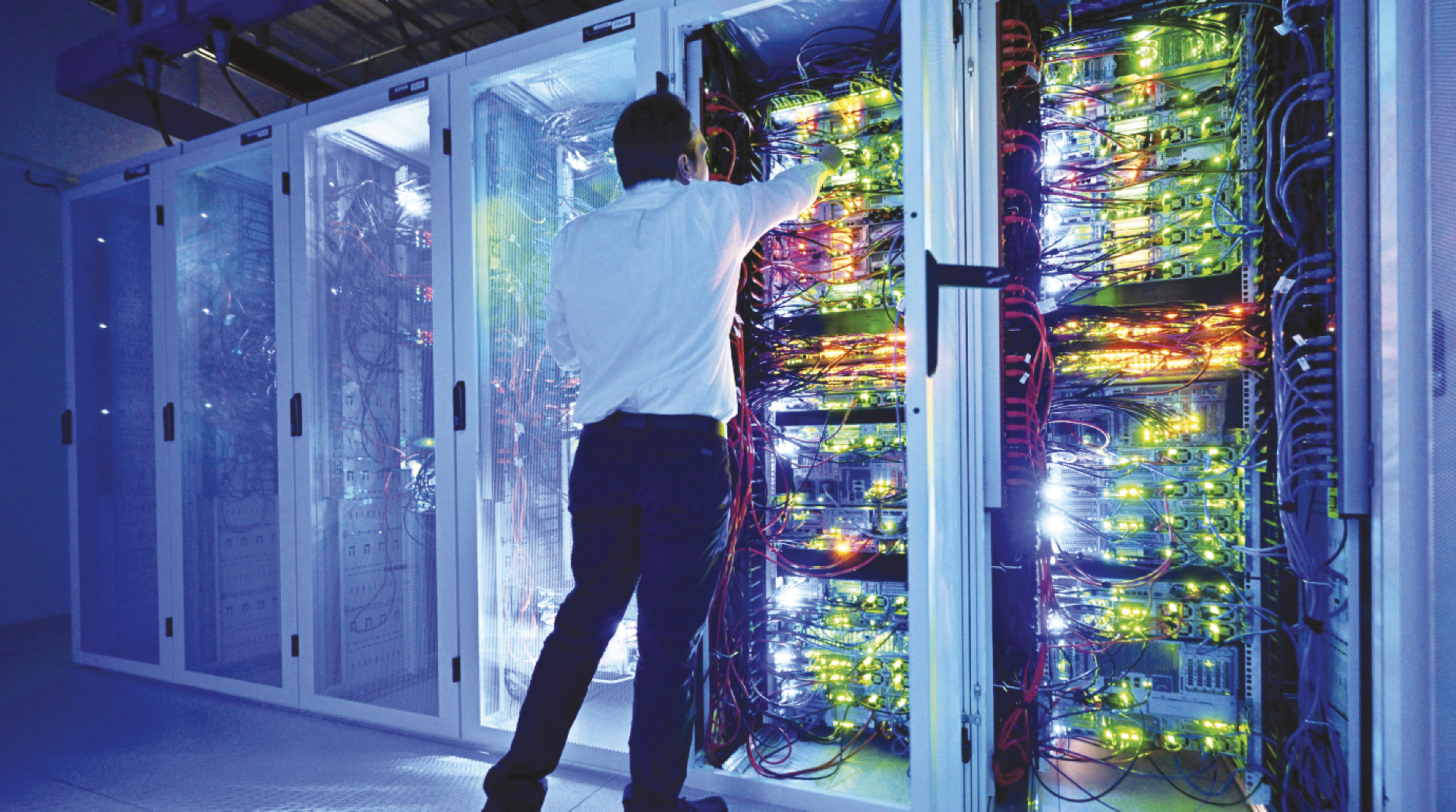
The announcement dates back a few weeks, as the American AI giant, NVIDIA, plans to expand its activities in Africa with its first “AI Factory” in South Africa by June 2025, in partnership with Cassava Technologies. This expansion also includes Morocco, as well as Egypt, Kenya, and Nigeria. Attracted by its proximity to Europe, its favorable tax framework, and its ambition to become a regional digital hub, the Kingdom is indeed on the American giant’s radar. The Moroccan project includes the deployment of computing acceleration software through sustainable data centers, in partnership with Cassava Technologies.
This is not the only global company in the sector interested in our country. Google collaborates with local organizations, such as Morocco AI, to enhance AI capabilities, particularly through educational and research partnerships. Microsoft organizes events like the AI Tour in Morocco and supports solutions such as Wraqi for e-government, utilizing AI for public services. IBM has ongoing projects, notably with government agencies for future-ready API infrastructures, integrating AI. As for Oracle, the company has several significant projects for Morocco, particularly in the fields of research and development (R&D), cloud infrastructures, and technological training.
In May 2024, Oracle revealed—after a MoU was signed with Moroccan authorities—its intention to open two public cloud regions in Morocco, in Casablanca and Settat, with an estimated investment of 1.4 billion dirhams. These regions will allow Moroccan and African businesses, start-ups, universities, and public organizations to access advanced cloud services, facilitating the migration of critical workloads to Oracle Cloud Infrastructure (OCI). This aims to accelerate digital transformation, support innovation in AI, and meet local data sovereignty requirements.
For global AI and cloud giants, the Kingdom is a familiar territory. The “Morocco” signal is flashing on the radars of other companies, not necessarily of the same magnitude. Proof of this is an American start-up, Iozera.ai, which announced a project to build a 386 MW AI data center in Tetouan, with an investment of 500 million dollars, operational by 2026. For now, we don’t know much more.
What we do know is that an environment suitable for hosting this kind of investment on a larger scale is being established. Moreover, in the national strategy Digital Morocco 2030, there has been a brief mention of creating an ecosystem of local companies producing digital solutions. The strategy also speaks of installing “hyperscaler” giants in Morocco and considers measures to attract new international players specializing in AI. It should be noted that a so-called hyperscale data center must comprise a minimum of 5,000 servers and over 900 m² of space.
According to a study by the Economic and Social Council, it has been shown that “the establishment of a hyperscaler has the potential to significantly increase the size of the information technology (IT) market. In the case of Morocco, attracting a hyperscaler or hyperscaler challengers could serve as an essential catalyst for the growth of digital services for export, similar to the successes achieved in the automotive sector with the Renault group and in aerospace with Safran.”
DAKHLA, an Ideal Land
And as everyone knows, AI and data centers consume enormous amounts of energy, hence the increasing use of renewable energies, particularly photovoltaics, as sources of operational energy and water for cooling. Solar energy is indeed considered one of the most viable solutions to meet the growing needs of the data center industry. Despite its intermittent nature, it has considerable advantages that attract major companies in the tech field. According to specialists, it can be deployed relatively quickly, about 18 months for a new solar farm, and represents one of the least expensive new energy sources on the market. The issue of intermittency can be resolved through storage, such as electric batteries.
This is an area where the Kingdom is on its way to becoming a world leader with the production of its first battery within a year. It is among a handful of four or five countries that master the entire value chain. That said, the region of Dakhla, for example, is ideally suited to host this kind of infrastructure. The potential for desalination and renewable energies is very significant, and the climatic conditions, with average temperatures ranging between 18 °C and 25 °C throughout the year, are favorable.
It is worth noting, and it is probably no coincidence, that Starlink is currently negotiating with Moroccan authorities for the deployment of its high-speed internet network in the Moroccan Sahara. “A large-scale project that promises to revolutionize connectivity in the southern provinces and solidify its role as a regional hub addressing sub-Saharan Africa,” it is estimated.
This is not without recalling the protocol of agreement signed in October last year between Panafsat and Thales Alenia Space to build a Moroccan satellite communication system guaranteeing high-speed connectivity to 26 African countries, including 23 Francophone countries.
It goes without saying, and this is another advantage of this region, that the land issue is not a problem. This is indeed one of the factors that, until now, risks delaying the deployment of this industry in other regions of our country.
A Market of 670 Million Dollars
The Moroccan data center market is part of the continent’s rapidly growing markets and is expected, according to forecasts, to experience an average annual growth of 6% until 2026, reaching 328 million dollars in investments, according to a report from the Competition Council. The momentum provided by the government for digital transformation projects under the National Digital Strategy is a significant factor that will contribute to the growth of data centers in Morocco.
In 2022, global spending on data centers was estimated at 212 billion US dollars, with an 11.1% increase compared to 2021, and is expected to reach 222 billion US dollars in 2023. The market is therefore set to see sustained growth in the coming years with the development of cloud and the ongoing evolution of storage capacity and data consumption demands. It is expected to generate substantial revenues by 2027, with a total of over 410 billion dollars. By the same date, in Morocco, and considering the current growth rate, this activity should generate approximately 670 million dollars.



